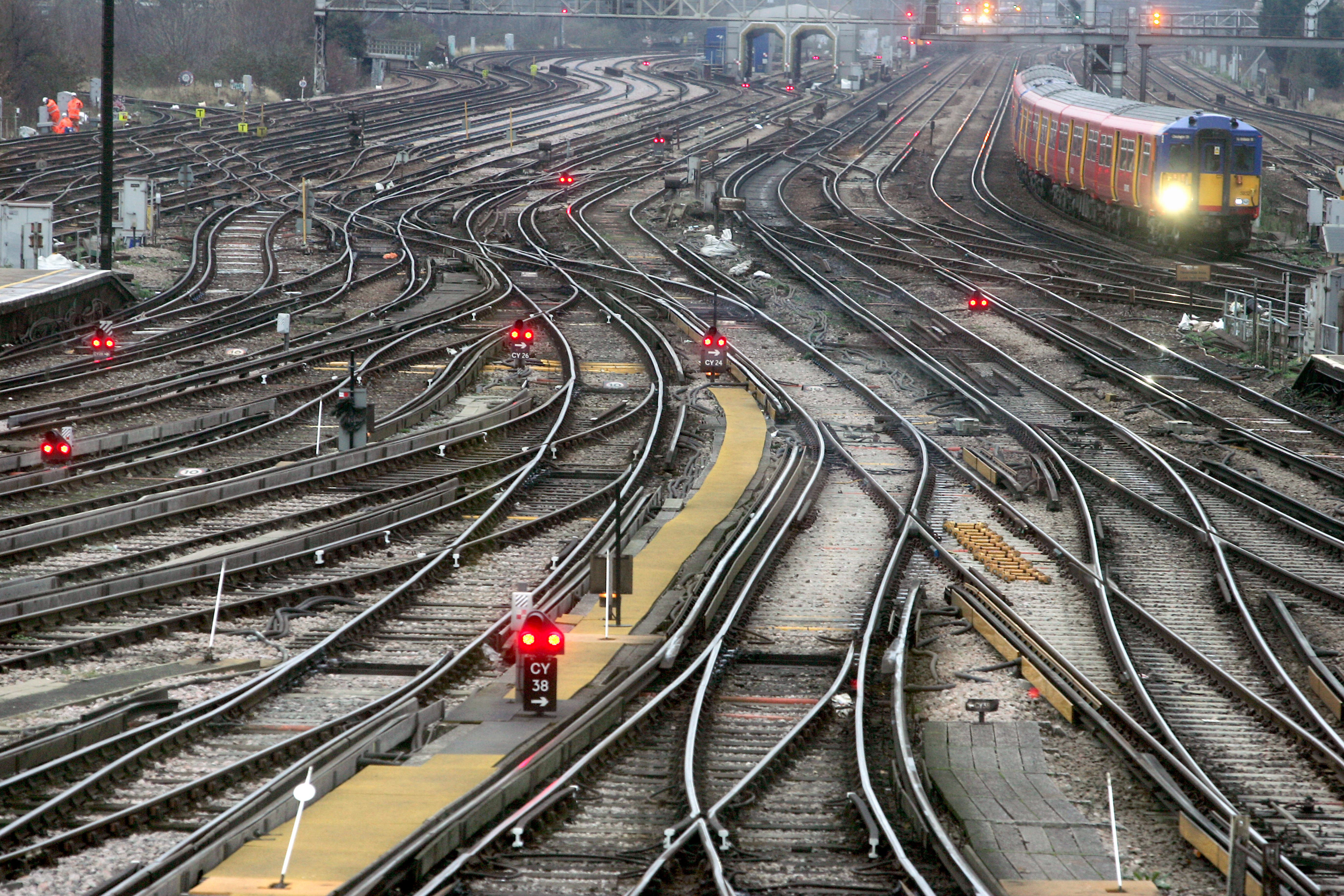Rail signal deal faces in-depth phase two competition probe, says CMA
Earlier this month, the regulator raised concerns over the 1.7 billion euro (£1.5 billion) deal among the signalling operators.

Your support helps us to tell the story
From reproductive rights to climate change to Big Tech, The Independent is on the ground when the story is developing. Whether it's investigating the financials of Elon Musk's pro-Trump PAC or producing our latest documentary, 'The A Word', which shines a light on the American women fighting for reproductive rights, we know how important it is to parse out the facts from the messaging.
At such a critical moment in US history, we need reporters on the ground. Your donation allows us to keep sending journalists to speak to both sides of the story.
The Independent is trusted by Americans across the entire political spectrum. And unlike many other quality news outlets, we choose not to lock Americans out of our reporting and analysis with paywalls. We believe quality journalism should be available to everyone, paid for by those who can afford it.
Your support makes all the difference.The UK competition watchdog has launched a more in-depth investigation into Hitachi’s proposed purchase of Thales’s rail infrastructure division after warning the deal could lead to higher prices for passengers.
Earlier this month, the Competition and Markets Authority (CMA) raised concerns over the 1.7 billion euro (£1.5 billion) deal among the signalling operators.
It called on the companies to offer undertakings which could address the regulator’s competition concerns by Friday.
However, the CMA said it will now launch a thorough phase two probe after the firms said they will not be offering any changes to appease these fears.
The resulting loss of competition across both mainline and urban signalling markets could increase costs for Network Rail and TfL (Transport for London) and have an adverse knock-on effect on taxpayers and passengers
Hitachi Rail first agreed the deal to buy Thales’s Ground Transportation Systems business last August.
The CMA originally warned the move “could eliminate a credible competitor” from Network Rail’s new tendering process for mainline signalling.
It added: “The resulting loss of competition across both mainline and urban signalling markets could increase costs for Network Rail and TfL (Transport for London) and have an adverse knock-on effect on taxpayers and passengers.”
A recent market study, carried out by rail regulator the Office of Rail and Road, found the supply of mainline signalling in Britain suffers from a lack of competition as there are essentially only two suppliers – Siemens and Alstom.
Thales said it still expects the deal to complete in the second half of 2023 and stressed it has approval for the deal in nine out of 13 jurisdictions.